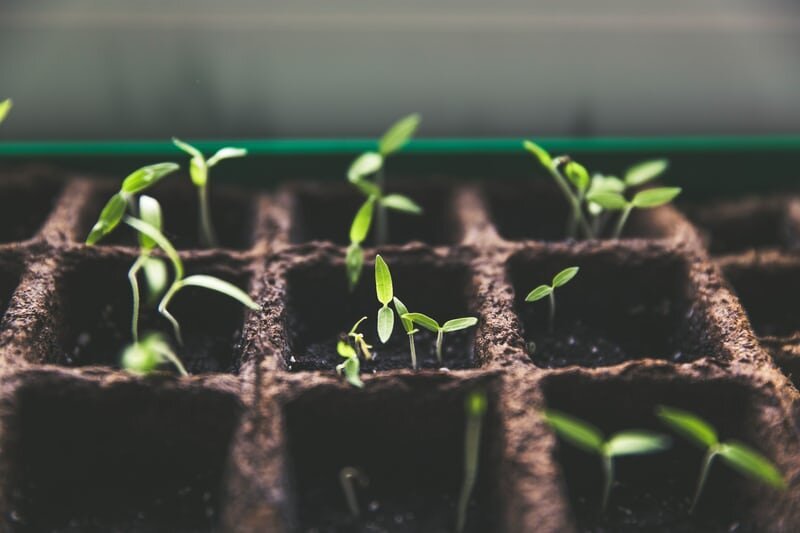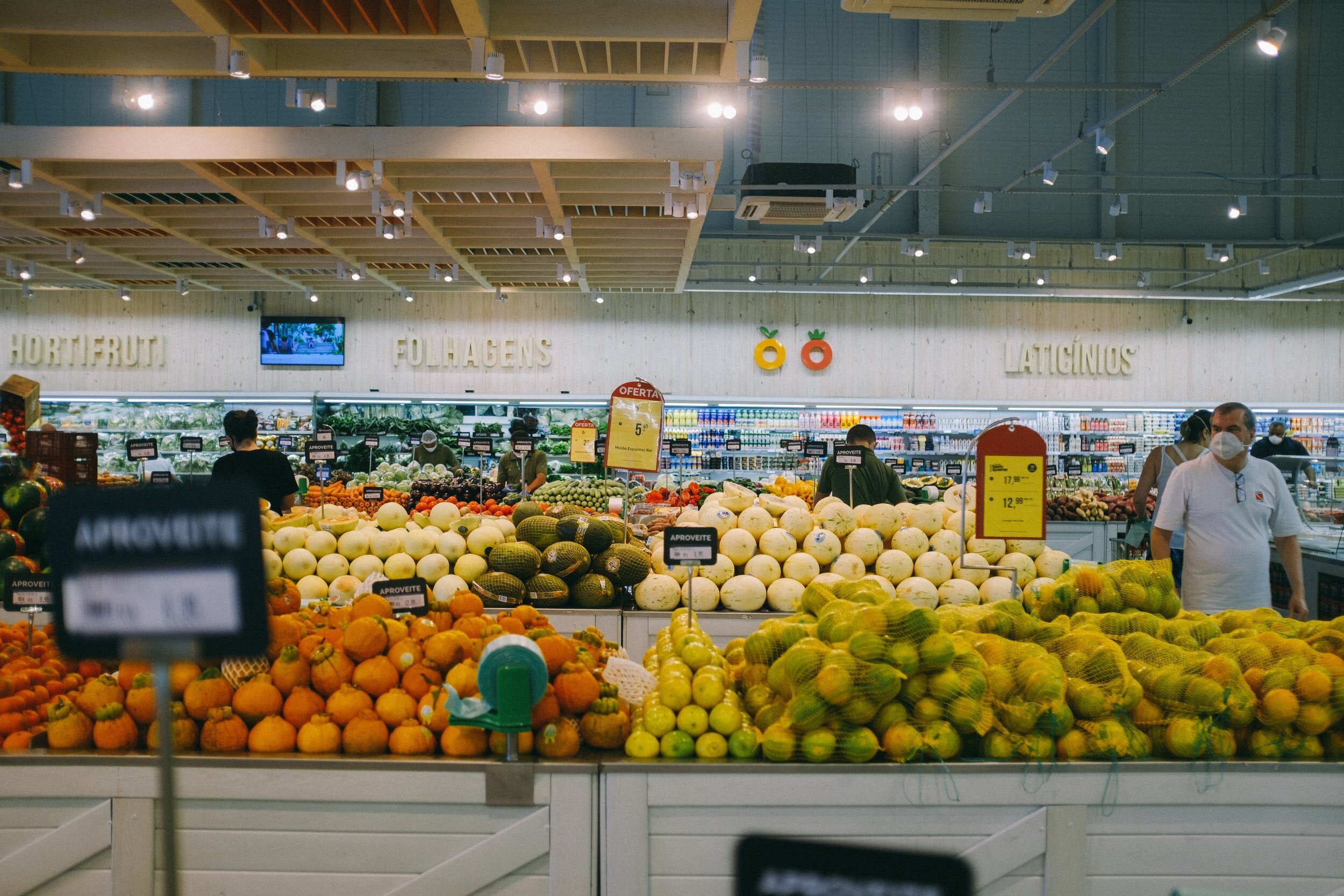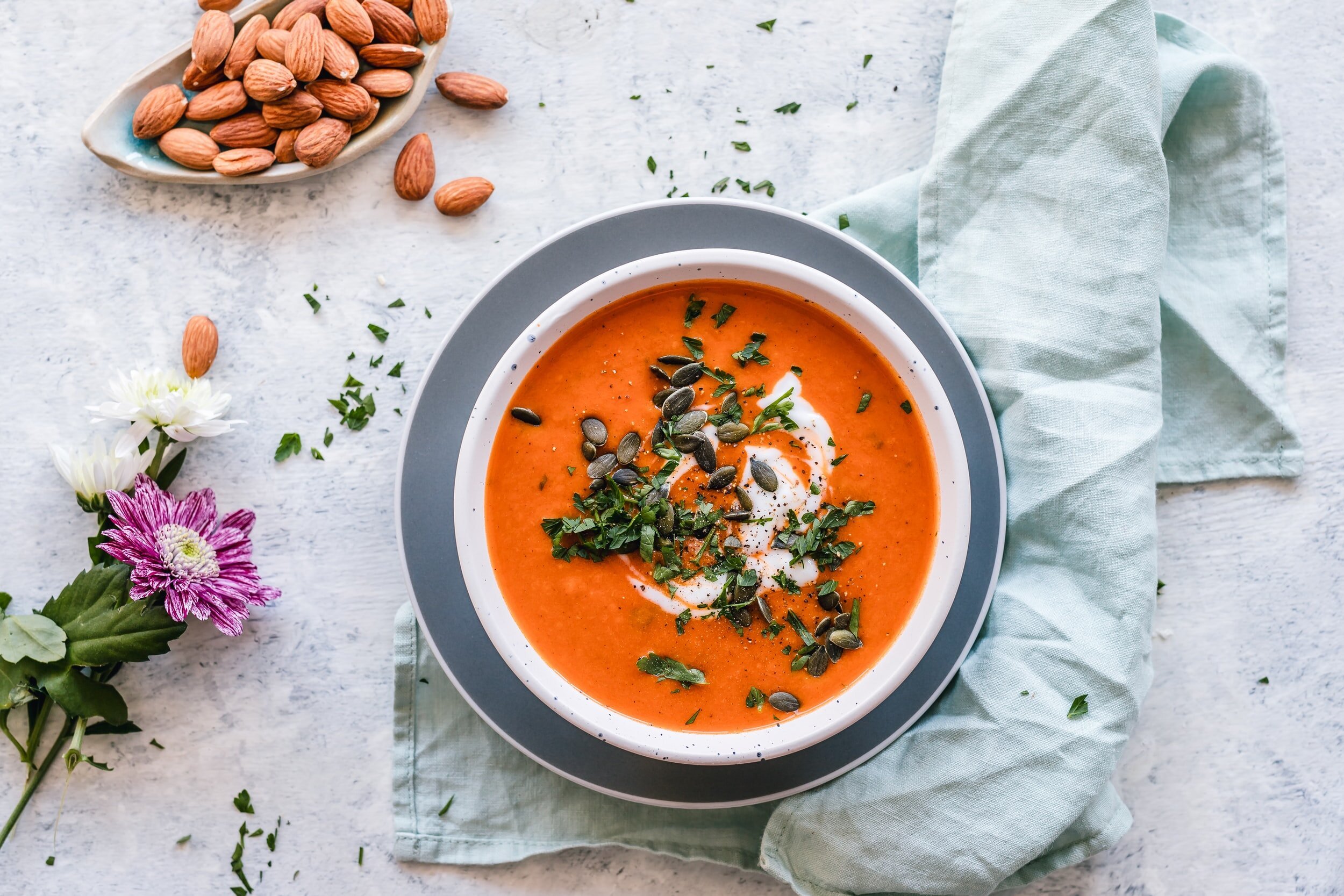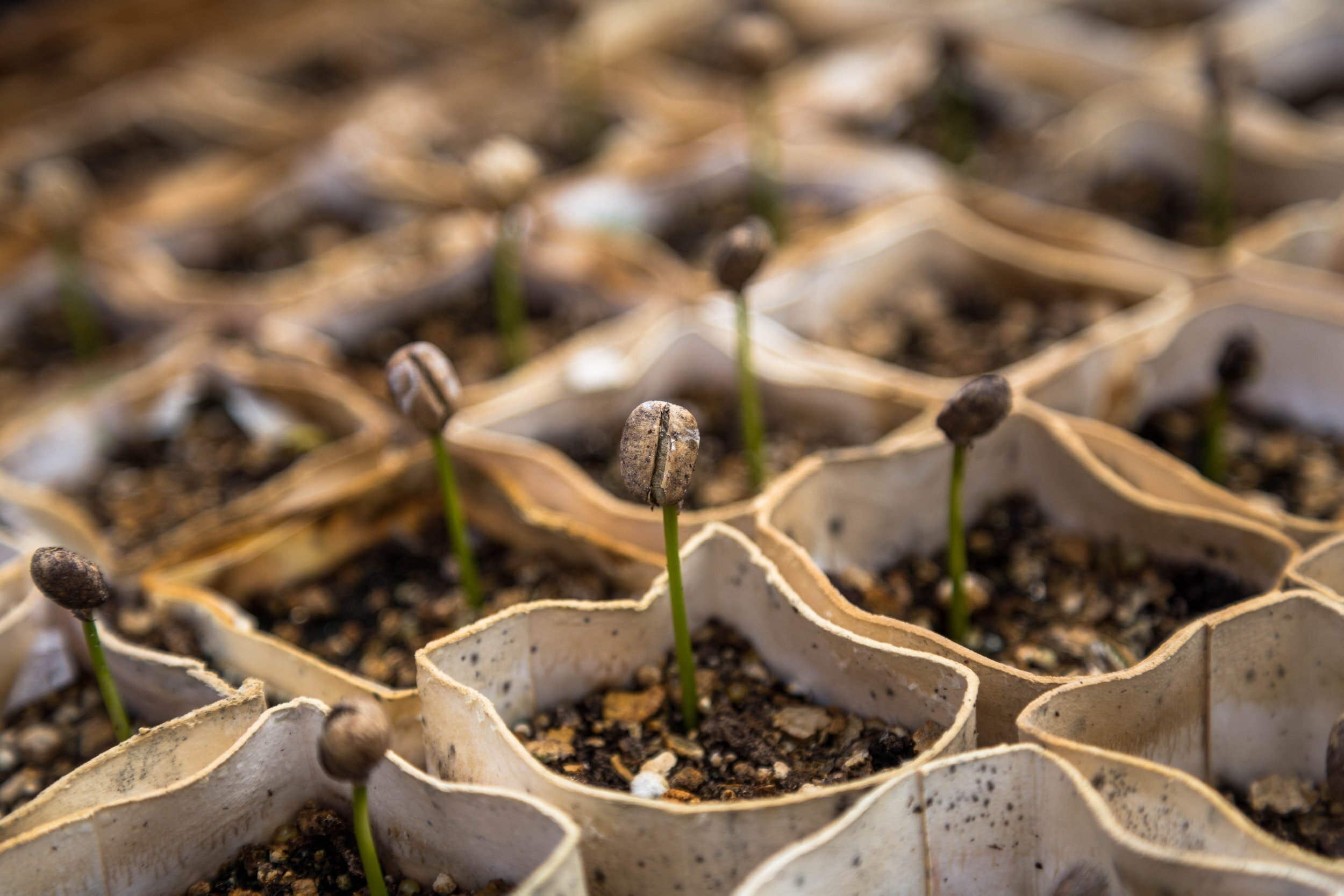Why do our food decisions impact the environment?
Aria Soeprono
University of California, Los Angeles, Environmental Science Studies & Footprint App User Research
Food is an important part of culture, society, and tradition. For some, allergies or personal preferences make it hard to significantly alter their diets. So, it can be hard to change such fundamental aspects of human society, but it is worth trying because your diet can significantly impact the climate. There are also ways to reduce food-related emissions by reducing waste and shopping smarter, which don’t necessarily involve changing your diet as much.
Tip 1
Choose plant-based as much as possible
There are many small changes that can be made that don’t actually involve transitioning to a full vegan diet (although if you think you’re ready to tackle that, I would encourage you to do so). Methane, a greenhouse gas with a high global warming potential, is released by many human activities, but meat production is the single largest source of methane (Godfray et al, 2018). One effective way of reducing the impact of your food is to eat less animal products like meat, milk, eggs, and cheese.
Tip 2
Buy local
Not only will you support the local economy and community around you, you will also being getting high quality ingredients to use in your meals. The food won’t have to travel as far, reducing the associated emissions before it even reaches your plate.
Tip 3
Buy seasonal
Similar to choosing local ingredients, paying attention to the season that it is when you are purchasing foods in the grocery store is an intuitive way of ensuring that it is most likely grown sustainably and close to home. Produce that is out of season means that it was likely produced outside of the country and had to be imported, which is also why the food that is not in the local growing season is also more expensive.
Tip 4
Buy organic
When you’re purchasing food try look for the certified organic label. Organic foods promote soil health by reducing the amount of pesticides, and focus on small-scale, diverse farming (Watson et al 2002). This can reduce the amount of pesticides you are exposed to, but also can contribute to overall ecosystem health. Healthy soil is able to sequester more carbon dioxide away from the atmosphere than depleted soil systems.
Tip 5
Grow your own food
Even if you don’t have a large outdoor garden, you can still supplement your diet with homegrown herbs, lettuce, and even some fruits and vegetables, either indoors or on your balcony. This way you can ensure that the food you are getting is seasonal, organic, and the most local that it can possibly be.
Tip 6
Plan your meals
To avoid food waste, try to plan your meals so that you only buy the ingredients you need. Of the ingredients you do buy, make sure they are stored properly so that it doesn’t spoil and have to be thrown away before it can be used. Food wasted represents all of the energy and resources that went into making that food, including water and the energy from the equipment used to cultivate it.
Tip 7
Homemade stock from leftovers
You can use your vegetable scraps to make vegetable broth to cook with or to use as a base for your favorite soup. The scraps will stay out of the landfill, avoiding methane emissions, and you will get another delicious meal.
Tip 8
Compost
There are many ways that you can participate in composting your food waste and scraps. Even if you don’t have a curbside collection for food waste, you can start a compost bin, within your community or all to yourself. There are the options of vermicomposting (with worms), Bokashi (which can even handle meat and dairy), or conventional composting systems (Solana Center, 2020). You can use the end product of the compost to fertilise your plants.
Tip 9
Pay attention to harmful ingredients
There are other ingredients that you can avoid when possible, that even some vegans don’t always consider. For one, palm oil is a major contributor to the deforestation in Indonesia that is harming the local orangutan populations. If nothing else, make sure to that you use certified sustainable palm oil, because it is known to lower deforestation by up to 33% (Carlson et al 2018).
Tip 10
Avoid unnecessary packaging
If you want to challenge yourself and take your sustainability journey one step further, try eliminating plastic packaging from your shopping list. You will likely find that it will force you to choose the fresher ingredients, and will reduce plastic, which is made out of fossil fuels. Bring your own jar to the grocery store and fill up with bulk bins, if they are available. With that being said, not everyone has access to such luxuries and even fresh produce can be hard to come by in certain areas, so like the rest of these suggestions, it may not accessible for everyone but if you have the opportunity, you should consider it.
———
Hope you liked the article! ✌️
If you liked the article we would appreciate it you share it with friends or family to raise awareness.











